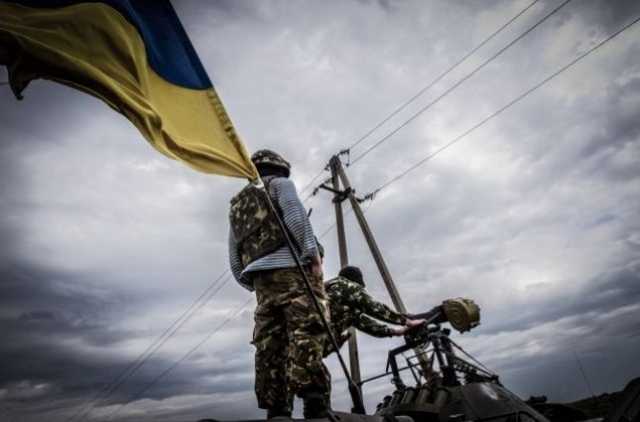Lawyer
Ensuring women's rights and protection against gender discrimination in the war zone
Military conflicts and armed clashes always pose a serious threat to the civilian population, especially women and children. In a war zone, women face numerous violations of their rights, including acts of sexual violence, exploitation, and limited access to health care and education. Gender discrimination in a war zone can manifest itself in many forms and requires careful analysis of documents, a legal opinion of a lawyer and legal advice to ensure the protection of women's rights.
International humanitarian law and human rights provide the legal framework for the protection of civilians during armed conflicts. Women enjoy the same rights as men, including the right to life, liberty and personal integrity. However, in practice, women often face additional risks and forms of violence because of their gender and gender stereotypes.
One of the most serious human rights violations in a war zone is sexual violence, including rape, sexual exploitation and human trafficking. Women and girls are often victims of such crimes, committed both by representatives of the armed forces and by the civilian population. International humanitarian law prohibits all forms of sexual violence and requires the perpetrators to be held accountable. However, due to difficulties in gathering evidence and fear of victims, many cases remain uninvestigated and unpunished.
In order to ensure the rights of women in a war zone, a legal opinion and legal analysis of the situation, written consultation is required. Lawyers can provide legal assistance to victims of sexual violence, facilitate their access to medical and psychological services, and represent their interests in legal proceedings. In addition, lawyers can analyze documents related to violations of women's rights and prepare legal opinions for international organizations and human rights groups.
In addition to sexual violence, women in war zones often face restrictions on access to basic services such as health care, education and social protection. This can be caused by infrastructure destruction, population displacement or discriminatory practices. A lawyer's legal opinion and legal advice can help women access these services and protect their rights to health, education and decent living conditions.
Gender discrimination in a war zone can also manifest itself in the form of limiting women's participation in decision-making and peace-building processes. Women are often excluded from negotiation processes and recovery measures, which leads to insufficient consideration of their needs and interests. Lawyers can play an important role in promoting gender equality and involving women in these processes, ensuring their rights to representation and participation in decision-making.
Effective protection of women's rights in a war zone requires cooperation between governments, international organizations, human rights groups and local communities. It is important to ensure access to legal aid and counseling, create safe havens and provide psychological support to victims of violence. In addition, it is necessary to strengthen the monitoring and documentation of violations of women's rights, as well as to ensure that the perpetrators are brought to justice.
In summary, ensuring women's rights and protecting against gender discrimination in a war zone requires a comprehensive approach that includes legal assistance, legal advice, document analysis, legal opinions of lawyers and international cooperation. Only by joining forces and observing international norms and standards will we be able to protect women's rights and ensure their safety and dignity even in the most difficult conditions of armed conflict.

































